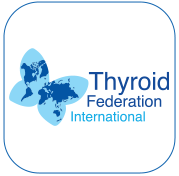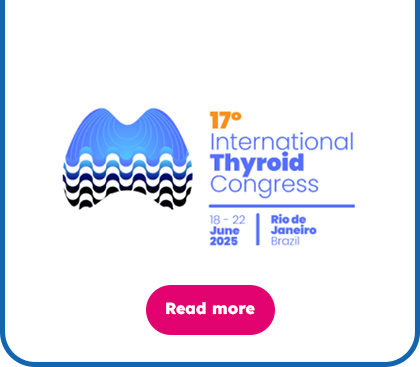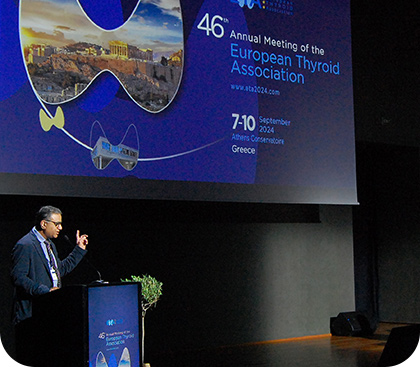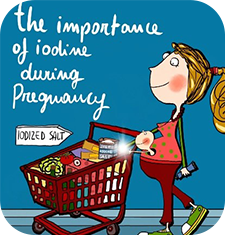

What is Graves’ Disease?
Graves’ Disease is an autoimmune disease of the thyroid gland that affects about 20-50/100,000 people per year in the world. The thyroid is a very important organ that affects almost all tissues in the body. In an autoimmune disease, the body produces antibodies against its own tissue; in the case of Graves’ Disease against the thyroid gland, causing it to work too quickly.
>> Read more
This causes a variety of complaints including an increased heart rate, accelerated bone breakdown, sleep disorders, nervousness and fatigue. Patients with Graves’ Disease remain ill for a long time, have a reduced quality of life, have high absenteeism due to illness and place a long-term burden on healthcare.
“From one day to the next I couldn’t take another step; at rest my heart rate was already 150 bpm and I was allowed to do nothing but nothing. I couldn’t sleep and taking care of my children was impossible.”

Support our study!
To give Graves patients a better quality of life, we need your help. “With this study we are killing many birds with one stone! It is expected that this diet will help patients, they will have more influence on the course of their disease, the quality of life will increase and they will need less medical care, resulting in a reduction in costs.” Will you help to perform this study? In this way you can make a positive contribution to the well-being of thyroid patients! Schildklier Organisatie Nederland (SON) and Thyroid Federation International (TFI) highly recommend this study.
Our study
This study investigates an additional treatment in the form of a diet. A diet has the great advantage that it does not require lengthy procedures to be implemented, so it can reach the patient quickly. Patients will have more control over their own treatment and it is expected that the quality of life will improve significantly.
“I would really like to do something myself to positively influence my illness! With diabetes, I know that sugar intake must be monitored, for example, but I don’t actually know what I can do with my thyroid disease.”
Why help?
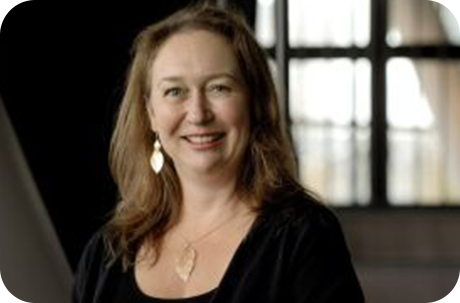
Dr. Elsbeth Van Wees
Clinical epidemiologist and Graves patient
Due to the increasingly loud international call and need to look for innovations that keep healthcare affordable, there is now a focused search for opportunities to positively influence disease and health through lifestyle and nutrition, whereby the patient’s own control and the quality of life plays a central role.
Thyroid diseases are currently not receiving the necessary attention for treatment options in the field of nutrition and lifestyle, while there are more than half a million thyroid patients in the Netherlands alone and the quality of life of thyroid patients in general and Graves patients is under pressure with current treatment options.
With your help we can make a difference!
>> Read more
What would you offer?
Would you like more information, or do you have questions about how you can contribute? Please contact Relationship Manager Juliette Kops of the Bontius Foundation | LUMC Research Foundation via telephone number +31 (0) 71 526 2554 or donate directly via the following account number NL03 INGB 0657 9199 26 stating: Thyroid curative diet | E.R.P.C. van Wees.
Different ways of donating
– One-time donation
Every gift contributes to the LUMC’s research projects, no matter how small or large. Thanks to the contribution of our donors, we can bring serious and complex diseases closer to a cure.
– Donate periodically
By choosing a periodic donation, you give this line of research the certainty of your support. You can choose to make a general donation or to allocate your donation to a specific project.
Bontius Stichting | LUMC Research Foundation:
Albinusdreef 2 | 2333 ZA Leiden | +31(0) 71 526 25 54 |
https://www.steunamsterdamumc.nl/project/onderzoek-naar-de-ziekte-van-graves-een-schildklierziekte
Supported by:
LUMC | Bontius Stichting | LUMC Research Foundation | Schilklier Organisatie Nederland | Thyroid Federation International (TFI)


Prof. Dr. Hanno Pijl
Professor of Diabetes
“There is a growing group of people who try to calm an overacting thyroid with nutrition. It is high time that good scientific research evaluates whether this contains therapeutic music. That would be of a great clinical significance.”

